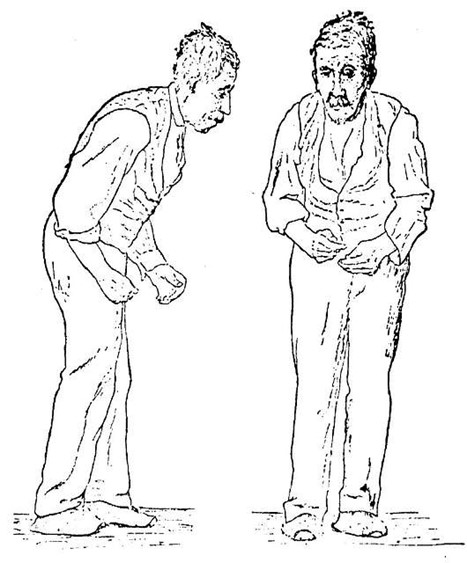Gout-Free Living: Nourishing Your Body and Easing Symptoms with Smart Nutrition and Supplements
Gout is a form of arthritis that occurs when excess uric acid crystallizes and deposits in the joints, causing inflammation and intense pain. While medication plays a crucial role in managing gout, adopting a holistic approach to nutrition and supplements can complement traditional treatments and promote long-term relief. In this blog post, we’ll explore the connection between nutrition, supplements, and gout relief.
Understanding Gout:Before delving into dietary strategies and supplements, it’s important to understand the basics of gout. Gout is often associated with a diet rich in purines, which are compounds found in certain foods. When the body breaks down purines, it produces uric acid. Individuals with gout either produce too much uric acid or have difficulty eliminating it, leading to the formation of crystals in the joints.
Nutritional Strategies for Gout Relief:- Hydration is Key:
Proper hydration helps flush out excess uric acid from the body. Aim to drink at least 8-10 glasses of water per day. Additionally, herbal teas and cherry juice may have anti-inflammatory properties that can benefit those with gout.
- Balanced Diet:
Adopting a balanced diet can play a crucial role in managing gout. Focus on whole foods, including:
- Fruits: Especially cherries, which have been associated with lower levels of uric acid.
- Vegetables: High-fiber options like leafy greens.
- Whole grains: Quinoa, brown rice, and oats.
- Lean proteins: Limit high-purine sources like red meat and opt for poultry, fish, and tofu.
- Limit High-Purine Foods:
While it’s not necessary to eliminate all purine-rich foods, moderation is key. Limit intake of organ meats, red meat, shellfish, and certain types of fish (like mackerel and sardines).
- Include Anti-Inflammatory Foods:
Incorporate foods with anti-inflammatory properties, such as turmeric, ginger, and fatty fish rich in omega-3 fatty acids. These can help reduce inflammation associated with gout.
Supplements for Gout Relief:- Vitamin C:
Studies suggest that vitamin C may help lower uric acid levels. Consider incorporating citrus fruits, strawberries, or a vitamin C supplement into your routine.
- Fish Oil/Omega-3 Fatty Acids:
Omega-3 fatty acids have anti-inflammatory effects. Fish oil supplements can be beneficial for individuals with gout but consult with a healthcare professional for personalized advice.
- Cherry Extract:
Cherry extract supplements are a convenient way to harness the anti-inflammatory properties of cherries without consuming large quantities of fruit.
- Bromelain:
Found in pineapple, bromelain is an enzyme with anti-inflammatory properties. It may help alleviate gout symptoms when taken as a supplement.
To learn more, check out this summary from Very Well Health.
While these nutritional strategies and supplements can contribute to gout relief, it’s crucial to consult with a healthcare professional before making significant changes to your diet or incorporating new supplements, especially if you are already on medication. A personalized approach that combines medication, dietary adjustments, and lifestyle changes is the most effective way to manage and prevent gout flare-ups.
Are you interested in enhancing your daily diet with Omega-3 fatty acids? Look no further than Asher Longevity Institute’s Marine Fish Oil supplement. Omega-3 fatty acids are renowned for their remarkable anti-inflammatory properties, making them an excellent choice for reducing allergic inflammation. By incorporating these supplements into your routine, you may experience relief from symptoms of allergic rhinitis while also enjoying the benefits of enhanced immune support.




